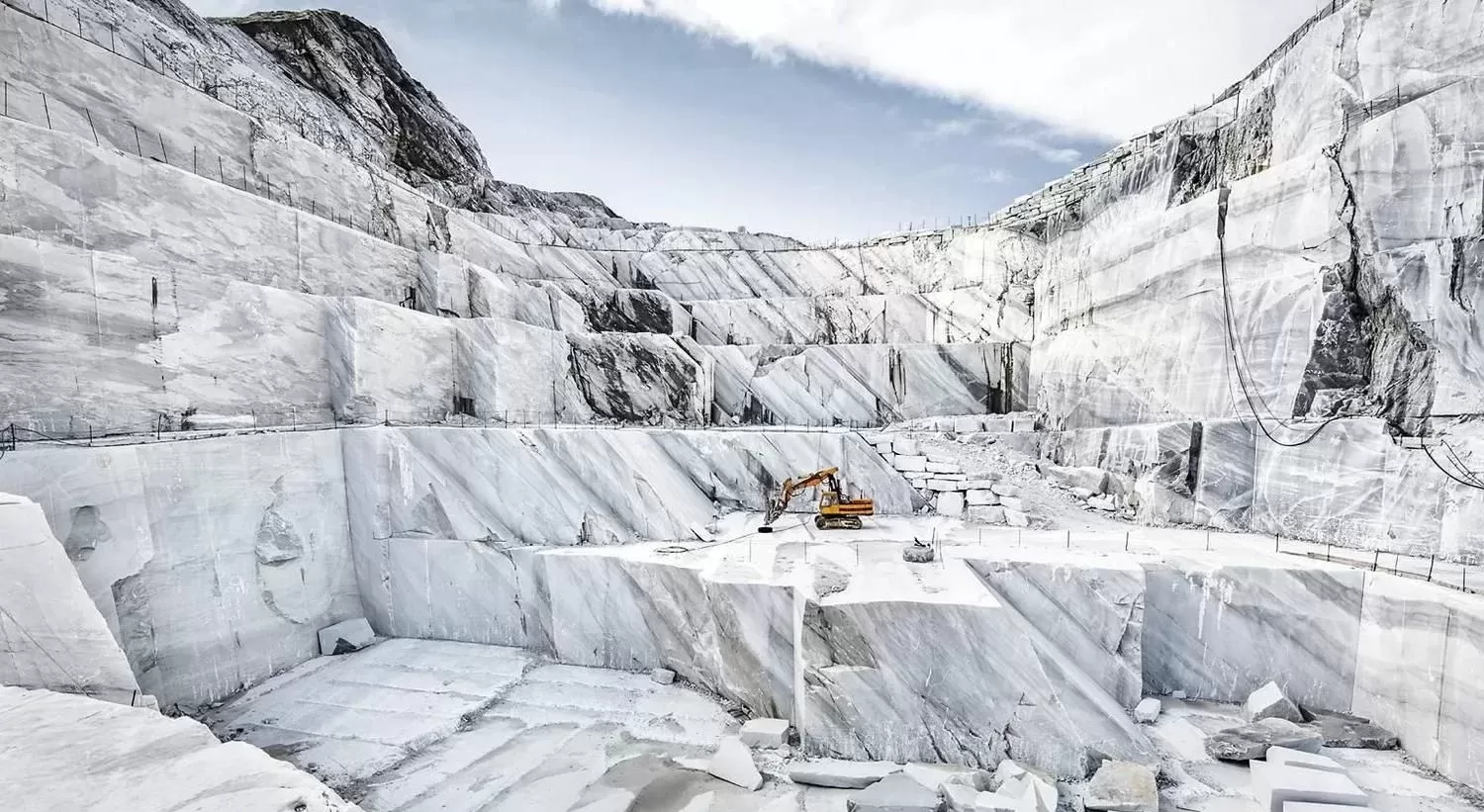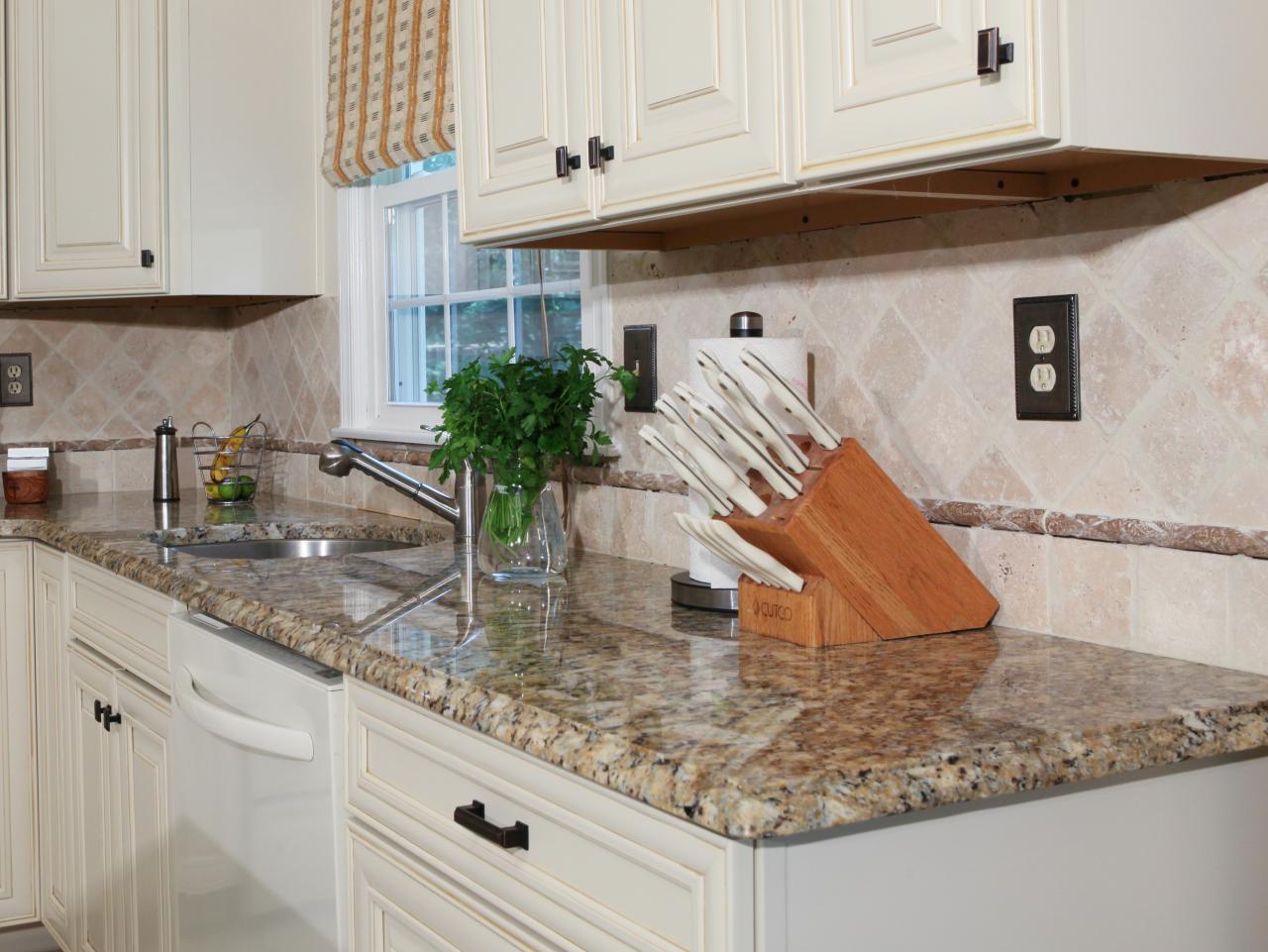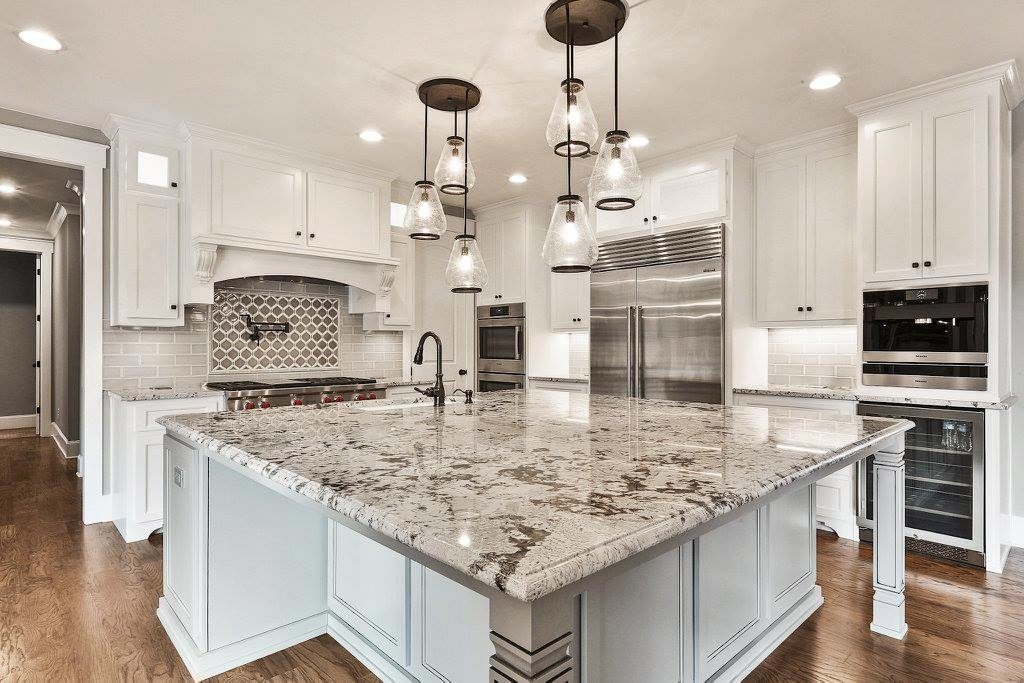How resilient are granite countertops? Are they a long-lasting investment or just chosen for their aesthetics? Granite, a popular choice for kitchen counters, is renowned for its trendy appearance showcased in magazines and home decorating shows. But is its durability justified by the cost?
Before deciding on granite counters, it’s crucial to explore their durability in comparison to other materials like quartz. In this comprehensive guide, we’ll delve into the durability of granite, examining how it holds up against quartz, another favored countertop material. Gain insights before making upgrades to your kitchen counters!
What constitutes granite, and what is its origin?

Granite, classified as an igneous rock, forms when lava or magma solidifies. Comprising primarily feldspar, quartz, micas, and trace minerals, granite’s allure lies in its varied colors and patterns, creating unique pieces. However, the process of lifting granite from beneath the Earth’s surface to near-surface quarries can sometimes lead to expansion and cracks, potentially weakening the countertop. Temperature fluctuations throughout seasons may also impact the integrity of granite, rendering certain pieces less desirable for countertops.
Granite vs Quartz Kitchens

Comparing Quartz and Granite Kitchens adds another layer to the decision-making process. Despite granite containing quartz, there are notable distinctions. Quartz, a robust mineral resistant to weathering, is commonly associated with beach sand. However, quartz countertops are human-made, incorporating quartz, polymers, resins, and pigments. This engineered stone is highly durable, devoid of cracks or pores, and features pigments sourced naturally from quartz arenite, ensuring accurate colors found in nature.

Addressing concerns about radon in granite, it’s essential to separate misleading information from factual details. While granite naturally contains radon due to the presence of radium, the amounts in countertop pieces are minimal and not considered harmful. Quartz generally has lower radon levels, but both materials pose negligible risks. Considering the omnipresence of radiation in our environment, the trace amounts in building materials are not alarming.
Is Granite the Optimal Selection?

Choosing between quartz and granite involves weighing factors beyond price, focusing on personal satisfaction with either a man-made or natural substance. Quartz excels in strength due to its seamless and crack-free composition. However, those drawn to the natural beauty of granite, with its unique patterns, may find it more appealing. While granite is durable, it is not impervious to damage, and careful consideration of personal preferences and maintenance requirements is crucial.


